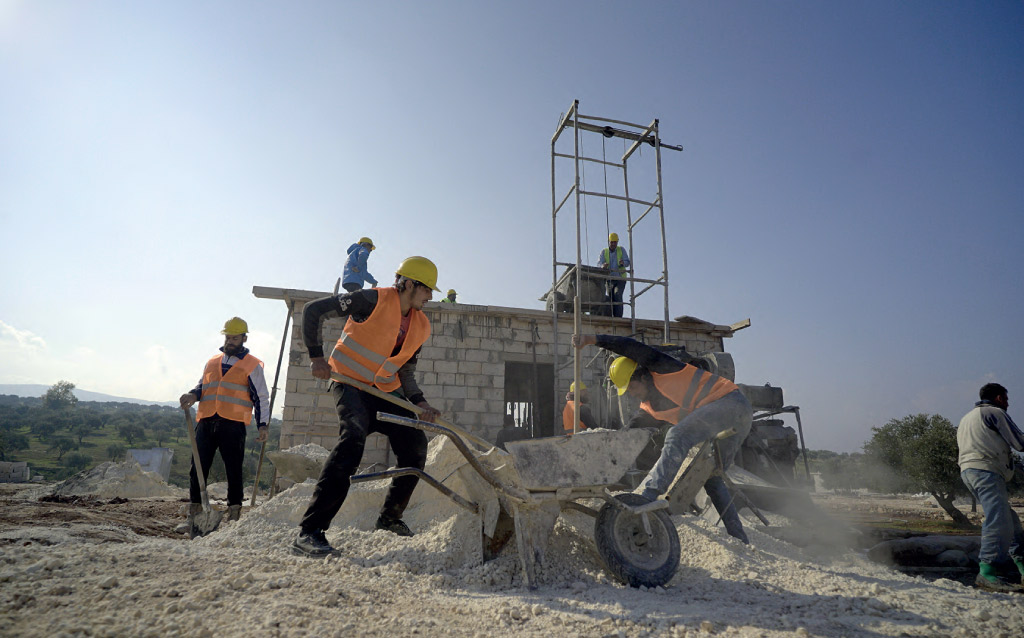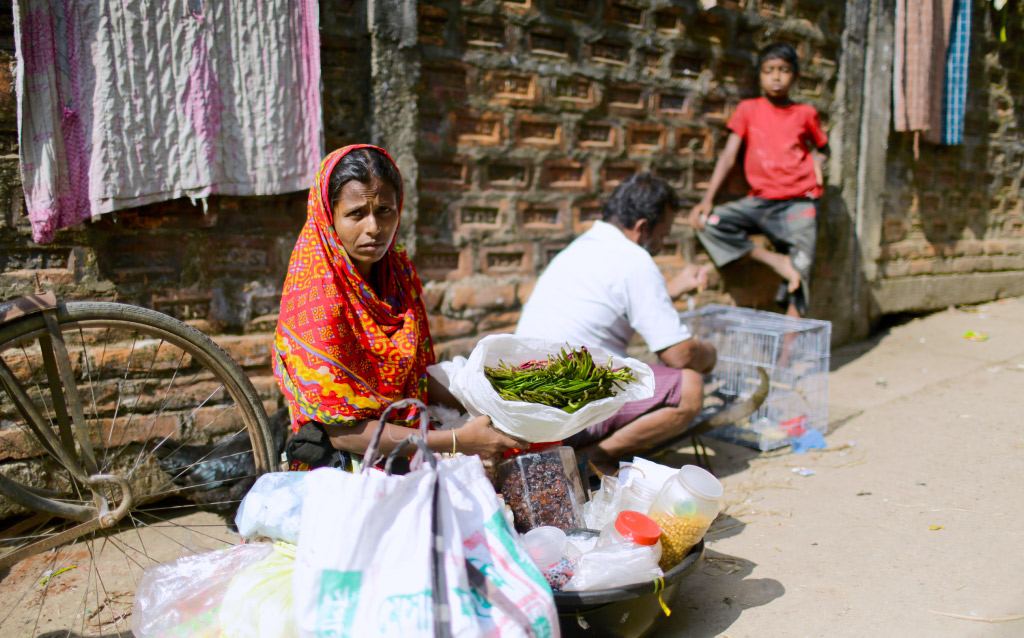As food insecurity around the world continues to deteriorate, more families do not know where their next meal will come from. Through our Global Hunger Prevention and Response Programme, we support affected populations in eight African countries to tackle hunger not only by providing food, but also addressing interlinking issues such as water and sanitation, health and nutrition and livelihoods.

Vulnerable people in Kenya receive mobile cash transfers to help meet their basic needs.
The $5.2 million [£3.8 million] programme aims to support the most vulnerable in Mali, Niger, Kenya, Somalia, Sudan, South Sudan, Ethiopia and Madagascar, where we support communities through a partner.
In Mali, we trained 200 women to recognise the signs of malnutrition in young children and to refer them for appropriate care. Their work resulted in 598 children – most of whom were moderately acutely malnourished – being referred for care. All the trained women said they now feel they have the knowledge and skills to prevent, identify and refer cases of malnutrition in the community; while mothers reported being more willing to bring their children to receive nutritional care.
In Niger, our intervention included supporting farmers to adopt climate-smart agriculture techniques, and running disaster risk reduction activities, while in Madagascar we offered vulnerable families cash and advice on how to invest it to meet their needs, alongside information on issues ranging from child protection to addressing gender-based violence.

In Somalia, we help families earn a reliable living from livestock by supplying cooling machines to reduce milk spoilage, and offering training in cheese production.
In coordination with Sudan’s Forests Department, 600 people learned how to protect their communities against desertification, including by planting trees, and 1,400 households received cash to cover their food needs. In South Sudan, we transformed three boreholes into high yielding solar-powered water yards and established five new boreholes to combat water scarcity. We also conducted extensive awareness-raising activities on protection from sexual exploitation and abuse, actively targeting influential figures within communities – an encouraging 70 per cent of people reported positive change in their community as a result. Recognising the importance of livestock to food security and financial stability, we worked with experts to run education sessions in Ethiopia on animal health, reaching more than 2,000 people.



